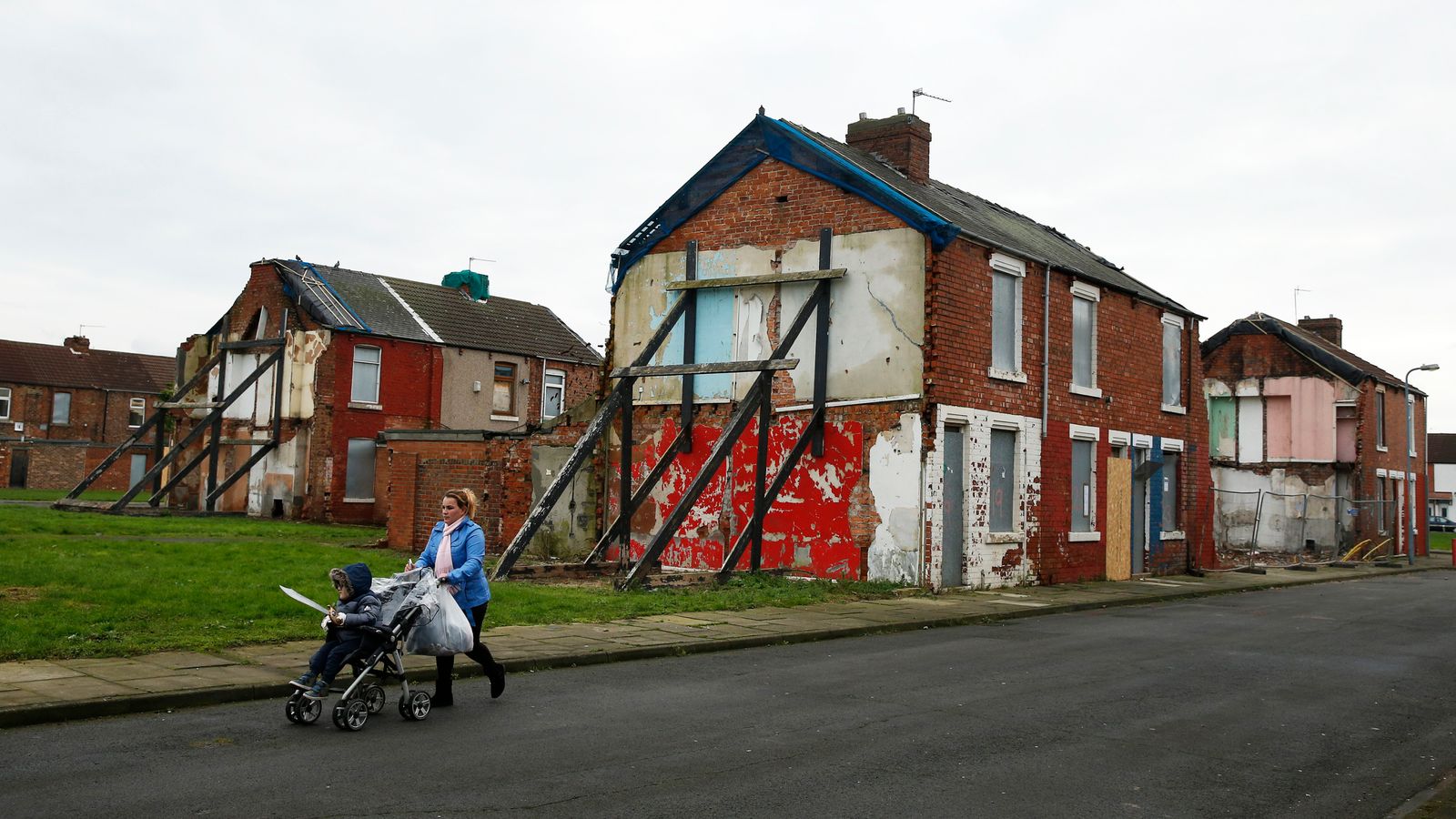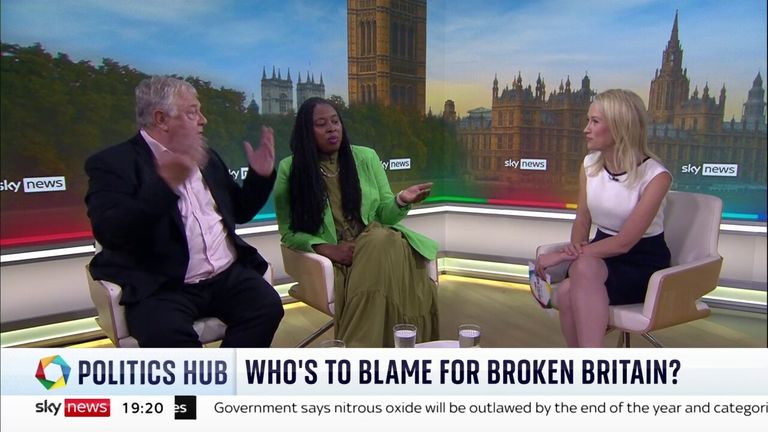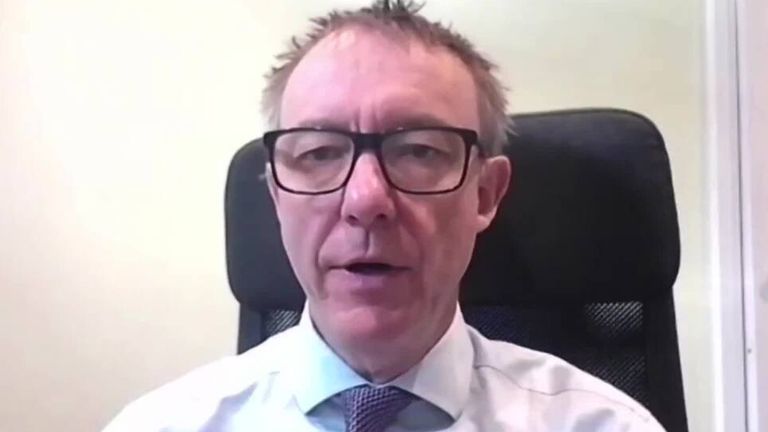The poorest half of UK families will have to wait until the end of 2026 for their real incomes to return to pre-COVID levels, according to independent analysis.
The National Institute of Economic and Social Research (NIESR) said low to middle income households face seven years of falling living standards due to the fallout from the pandemic and, latterly, the continuing cost of living crisis.
Lockdowns and restrictions on earnings, followed by price hikes and Bank of England interest rate hikes since December 2021 to help tame inflation, have meant wages have mostly struggled to keep pace with price growth and rising borrowing costs alike.
The rate of Inflation peaked last year above 11% but it currently stands at 6.7%.
The annual pace of price increases is forecast to have fallen dramatically last month.
That is mostly due to the worst impact to energy bills from Russia’s invasion of Ukraine, falling out of the calculations.
Nevertheless, the NIESR said that real incomes, which take account of inflation, in the bottom half of the income distribution, will be around 5% lower in the 2023/24 financial year compared with the year ending March 2020.
That is despite average wage rises of around 7% in the current year, a figure that is expected to remain around the same level next year.
Professor Adrian Pabst, deputy director for policy at the NIESR, said: “Higher real wages this year are a welcome boost, especially for low-income working families who have been hit hardest by the COVID and inflation shocks.
“But a return to pre-pandemic living standards will require sustained real wage growth, including further increases in the National Living Wage.”
The NIESR’s latest quarterly forecast report said that if living standards were to rise, and help boost the country’s “anaemic” economic growth, public investment must be the focus of the looming autumn statement.
Chancellor Jeremy Hunt has ruled out pre-election tax giveaways and also signalled a focus on bringing down debt.
A lack of new spending or tax cuts, while tough for many Tory MPs who are worried about their seats, will aid the government’s target to halve inflation this year.
The NIESR believed that the Bank of England would not have to impose further interest rate hikes beyond the 14 consecutive increases already seen, given that inflation was expected to continue to ease sharply.
Its report warned that while rising borrowing costs, which have exacerbated the shocks to household bills, may have peaked, there was no prospect of Bank rate returning to its COVID-era level of 0.1%.
It saw the interest rate settling at levels closer to 3-3.5%, with the first declines expected later next year.


